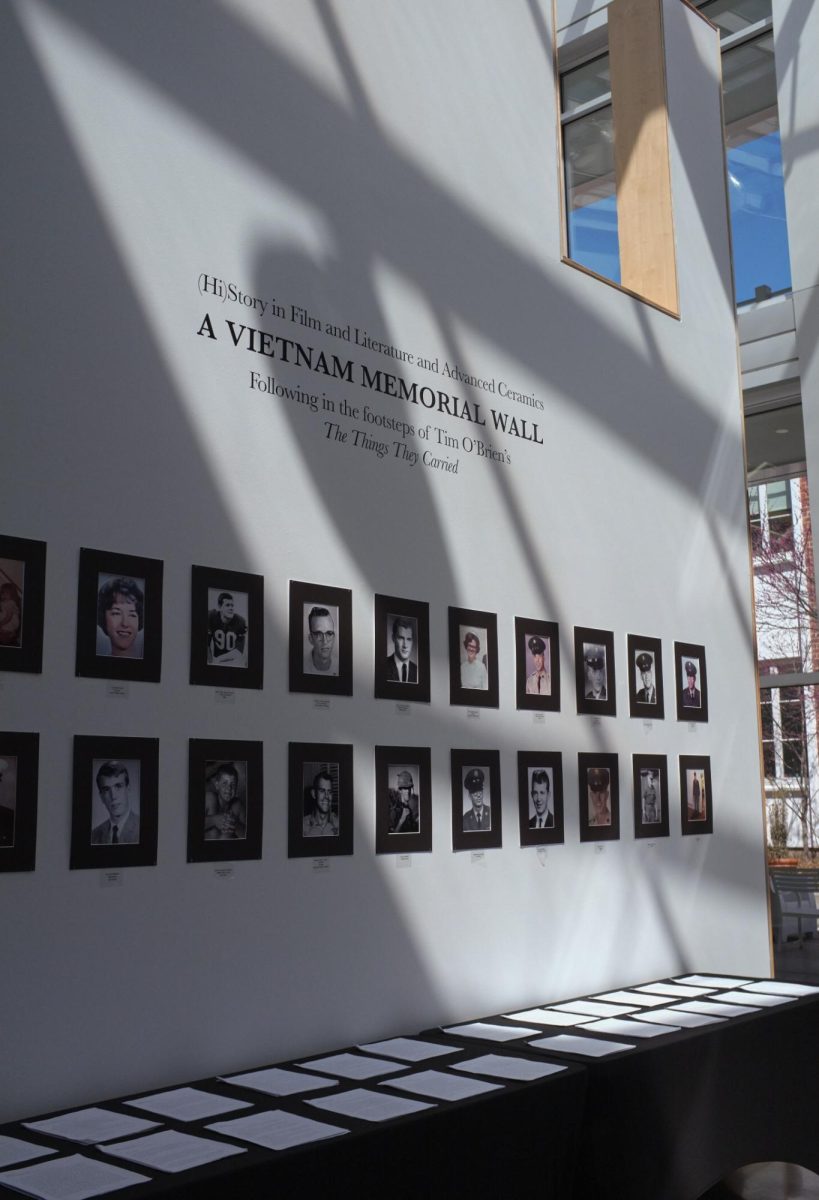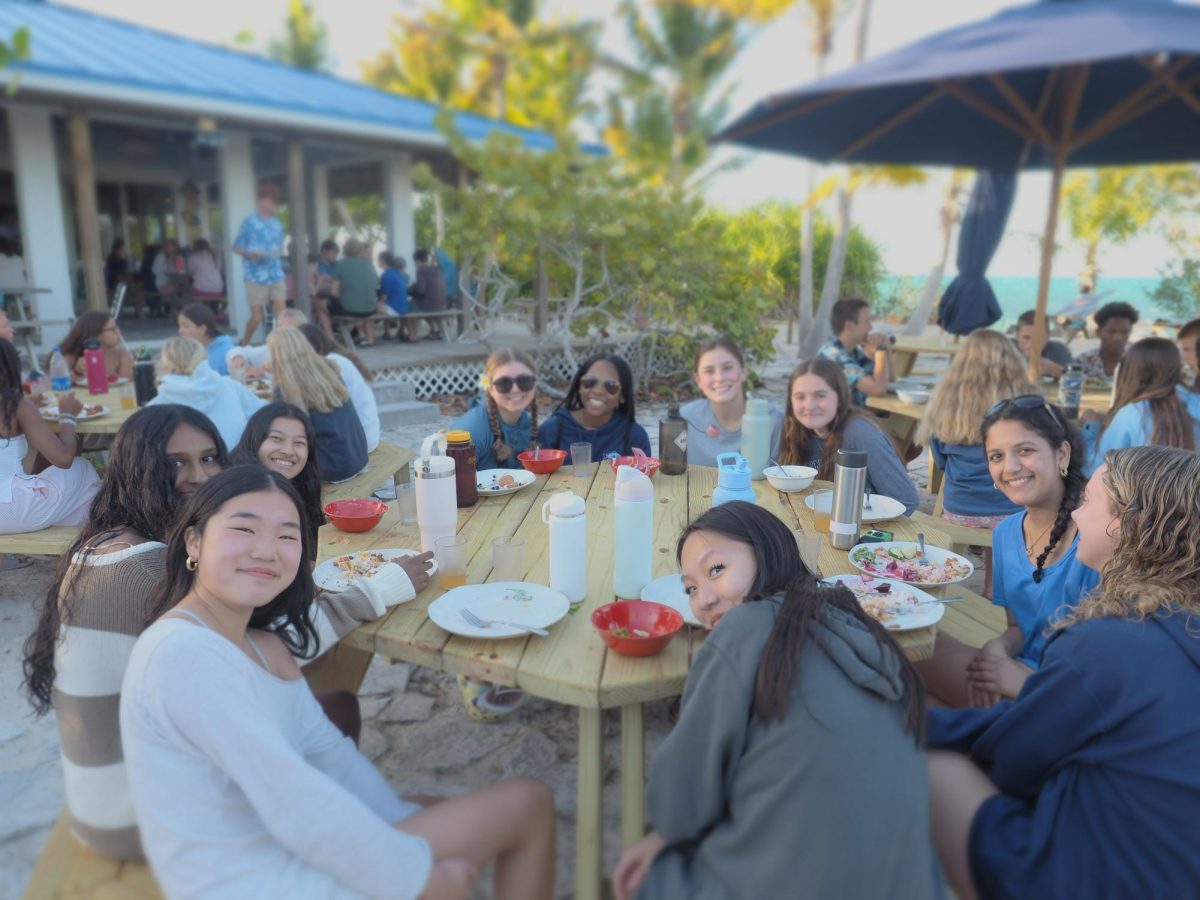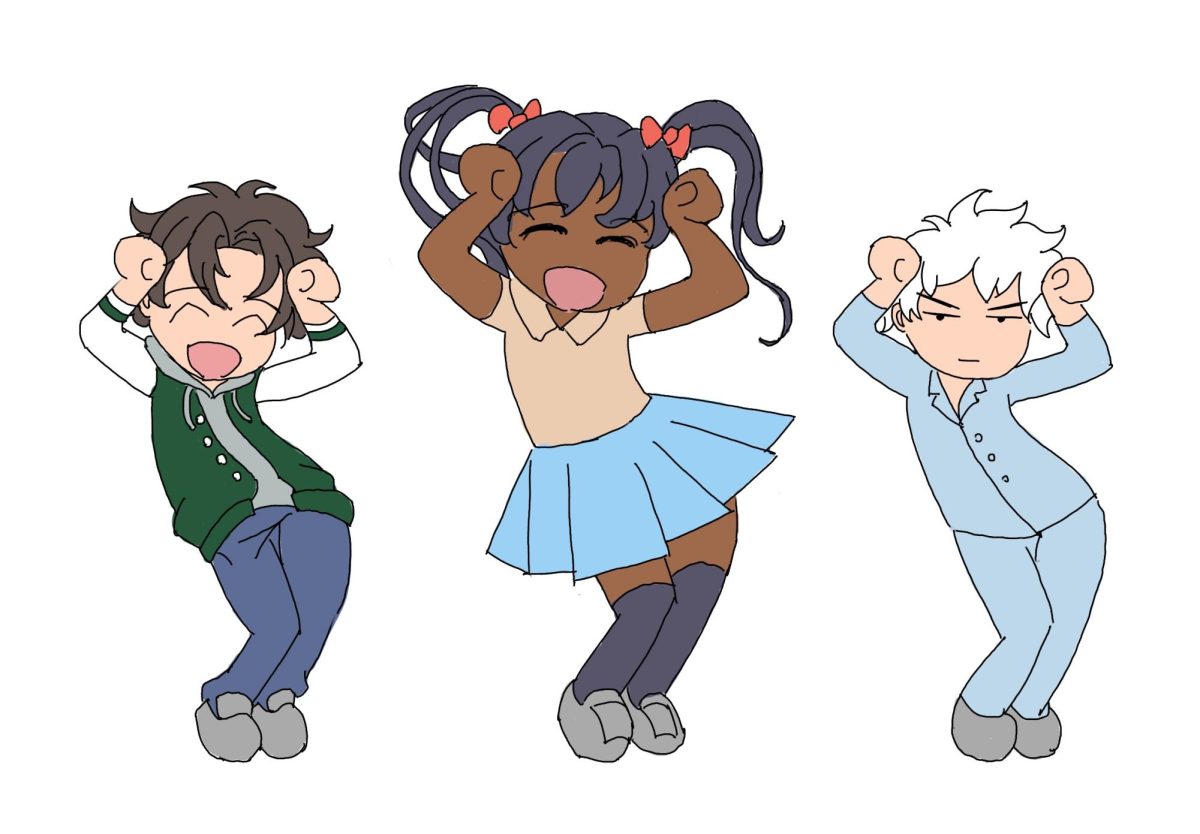
During the 2024 presidential election, the PDS administration took a proactive approach to support students, aimed to help them navigate the challenges of a politically charged time.
Planning for this event had been in the works since the summer; Upper School history teacher Stefanie Santangelo explained, “There was a lot of thought, time, and care that went into thinking about how [PDS was] going to support conversation and processing of the election among students.” On the day election results came out, a schedule of all the teachers who were able to support students was posted on Schoology, inviting students in need of support to reach out to teachers and other adults in the community.
The support, however, went beyond responding to the election results; PDS also aided students throughout the election process. Prior to the election, the PDS administration focused heavily on education surrounding civil processes in various ways, including Upper School gatherings, civil discourse within classrooms, and advisory lessons.
Ms. Santangelo elaborated on the role of schools surrounding politics. “It’s important [for schools] to give kids the skills to figure out how to educate themselves, how to learn, how to seek out information, how to be critical consumers of information, to make their own conclusions, to draw their own conclusions, and to make their own opinion. We’re here to help kids think, to figure out how to assess and evaluate the sources of information they use. We’re not here to tell kids what to think.”
Seniors Max Schragger ’25 and Abdoulaye Seydi ’25, co-creators of the Civil Discourse Forum, agreed with the need for productive conversations. When asked about the motivation behind the creation of this forum, Seydi responded, “In the classroom if there [are] conversations [about contentious topics], there [is] this taboo-ness about it; people [are] scared to speak their feelings freely. We wanted to develop a space in the Upper School where students can talk about these topics.”
The first forum included active discussions and dynamic debate. Seydi recalled, “[The first meeting] was less focused on the candidates themselves and more on how disinformation affects what we see, how that affects the way people vote, and potential ways to combat that and create an objective way to gain information and cast one’s best vote.” In essence, they have the same goal as the PDS administration, but approach it slightly differently. The two agreed that the first discussion was productive and hope to get into more contentious issues in the future.
By creating systems of support, fostering critical thinking, and encouraging civil discourse, PDS hoped to not only prepare students to process the 2024 elections but also to engage thoughtfully in the future.







